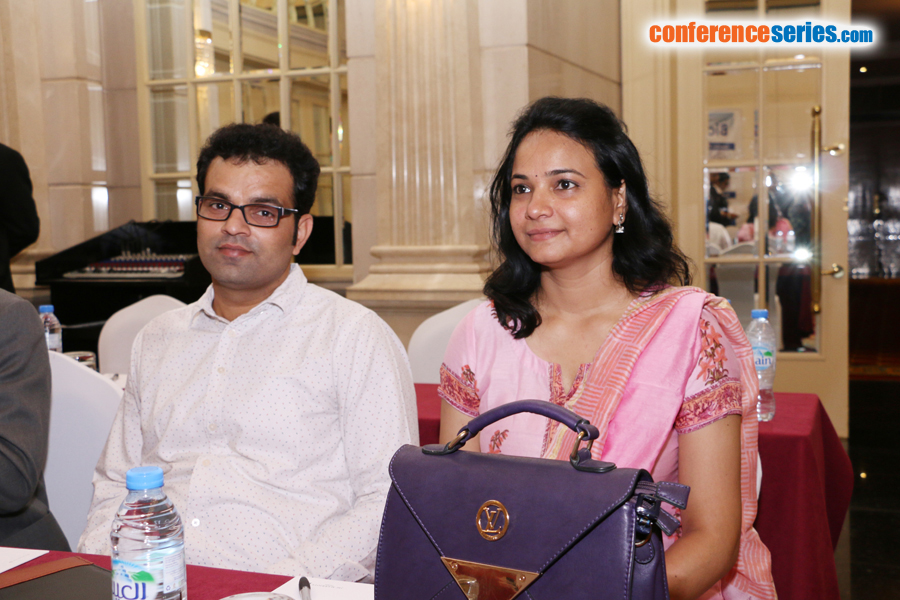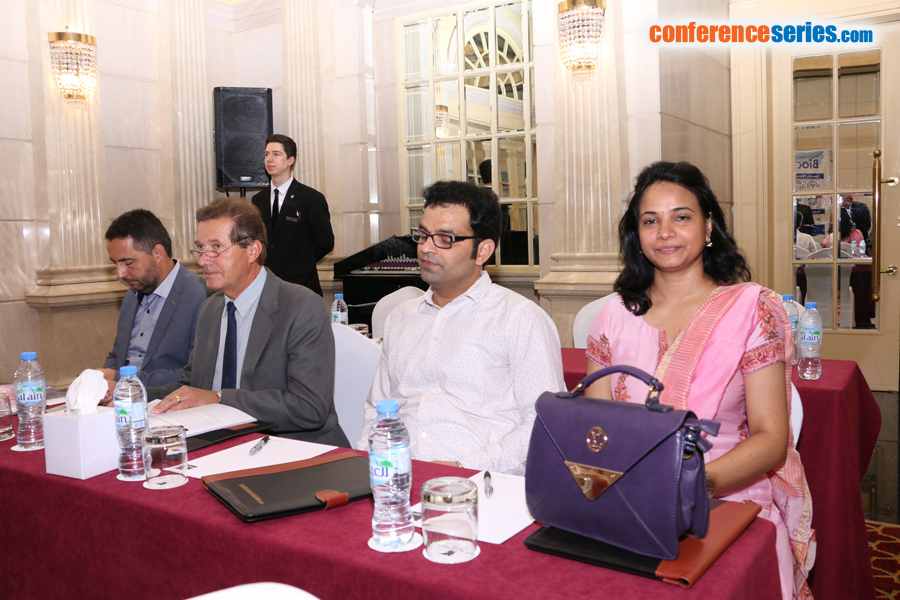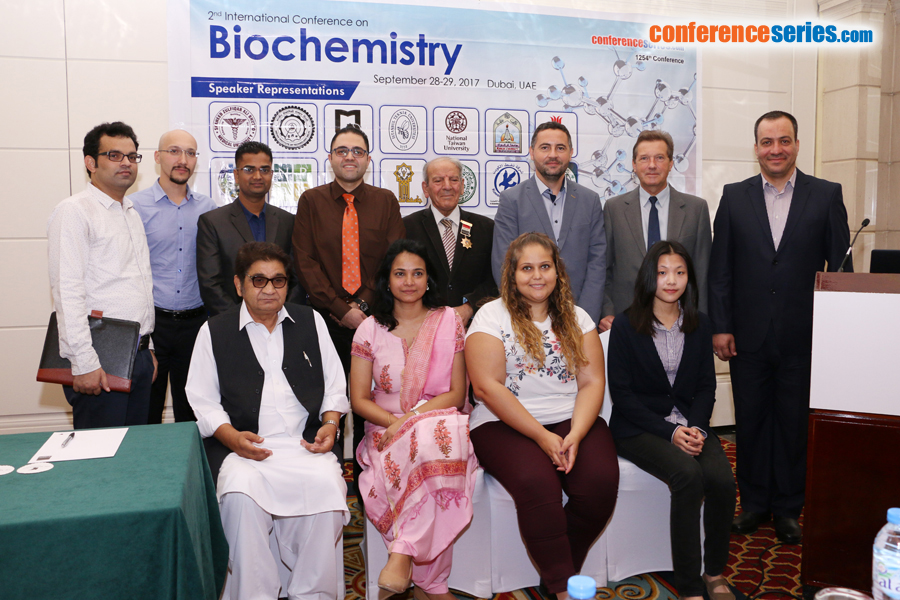
Rahul Kaushik
Indian Institute of Technology Delhi, India
Title: A new chemical logic of amino acids for improved protein tertiary structure prediction
Biography
Biography: Rahul Kaushik
Abstract
Statement of the Problem: Protein folding has been a challenge for decades to structural biologists and bio-informaticians. Some of the best methods available are based on hybrid approaches that combine ab initio conformational sampling with comparative modeling. The success of these methods is of course reliant upon template selection and alignment especially for proteins in difficult zone of structural modelability. Addressing this issue, we propose here, NCL Align, a new chemical logic based template selection and alignment algorithm.
Methodology & Theoretical Orientation: The NCL Align algorithm assimilates amino acid conservative substitution scores with their secondary structural propensities, physicochemical features and structural properties for template selection and alignment. The proposed algorithm is validated on 11716 unique proteins clustered at 40% sequence identity taken from PDB and the accuracies in tertiary structure generation are compared with the accuracies attained by some of the most commonly used and thoroughly validated standalone tools for template selection and alignment.
Findings: NCL Align outperformed Modeller, PSIBLAST, pGenThreader and HH-Suite in 9393, 9050, 7834 and 8084 cases in terms of GDT score with an average gain of 22.7, 31.7, 13.5 and 18.5, respectively. Also, NCL Align demonstrated as best in predicting protein tertiary structures under 3Å and 5Å RMSD and beyond 50 GDT score.
Conclusion & Significance: The NCL Align directed template selection and alignment has shown a significant improvement over some of the best and commonly used conventional methods in terms of improved structure prediction. The rapid scanning via NCL Align (4-5 minutes for 250 amino acid residue protein sequence) for template selection and alignment with considerable accuracy can prove to be an efficient supplement to compute intensive and time consuming ab initio methodologies. Improved protein structure prediction via NCL Align may prove very helpful in protein function annotations and in structure based drug development research.



